
This article is about the facts of snail farming in Nigeria, if you are interested in a detailed guide on how to start snail farming in Nigeria, you should check out Snail Farming in Nigeria: How to Get Started.
Snail farming is one of the most sought-after type of farming in Nigeria alongside maize farming, poultry farming and fish farming. This is because it is not capital intensive, doesn’t require a large piece of land; just adequate knowledge and time. The rearing of snails for human consumption or economic use is called Heliculture.
Snail farming has also been found to be a profitable venture and a viable source of job opportunities for youths by the government. Recently, the Lagos State Government organised training for youths on snail farming. The Ekiti State Government also unveiled a snail farm worth 5 billion Naira in 2021, it is said to be the second-largest snail farm in the world, providing over 5,000 jobs.
Facts About Snail Farming in Nigeria
- It is a 12 Billion Dollars Industry
- Snail Species Reared Profitably in Nigeria
- Opportunities for Intending Snail Farmers
- Export Opportunities
It is a 12 Billion Dollars Industry
According to experts in the snail farming sector, the industry is worth $12,000,000,000 and has a consumption of about 450,000 tons annually. The annual demand for snails in Nigeria has been pegged to be at about 7.5 million kg per year and the price of a medium-sized snail is about ₦250 – ₦600 depending on the size.
Snail Species Reared Profitably in Nigeria
The most preferred snail species for rearing in Nigeria are the African Land Giant Snails. They are one of the largest snails in the world. The three species commonly reared are Achatina Fulica (also known as East African land snail), Achatina Achatina (also known as giant Ghana snail or Giant tiger snail) and Archachatina Marginata (the giant West African snail).
The most desired for snail farmers in Nigeria is the Achatina Achatina, which is considered the biggest snail species in the world. It can lay up to 1,200 eggs in a year.

Opportunities for Intending Snail Farmers
Despite snail farming being lucrative, the sector is still unable to meet the demand for snail meat most especially during the dry season. During the rainy season, there are more handpicked snails from the forests available in the market because of the favourable weather, which makes snails come out of hiding.
The supply of snails to the market during the dry season is solely dependent on snail farmers, making snails scarce and more expensive. There have been calls by snail farmers for more youths to join snail farming in Nigeria.
Export Opportunities
There are high demands for African Land Giant Snails meat internationally, especially from African restaurants and shops based abroad. Aside from the meat, snails are also very popular ingredients for beauty and pharmaceutical products, there is a huge demand for the serum from snails. There is a wide range of beauty and cosmetic products purely made from snail extracts.
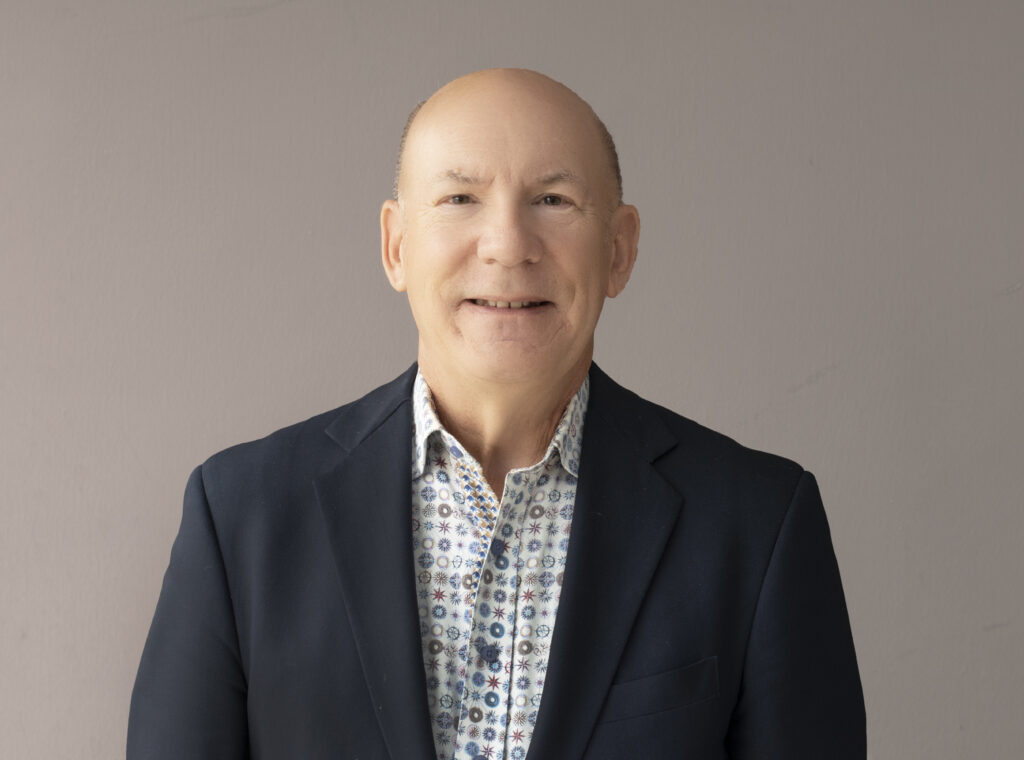
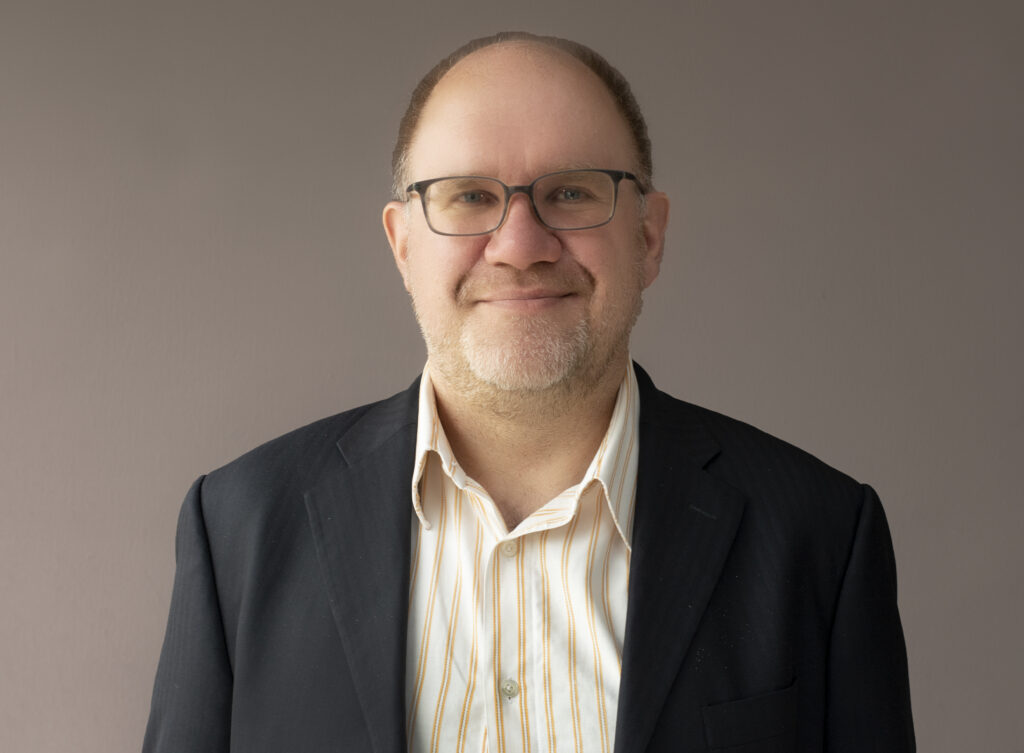
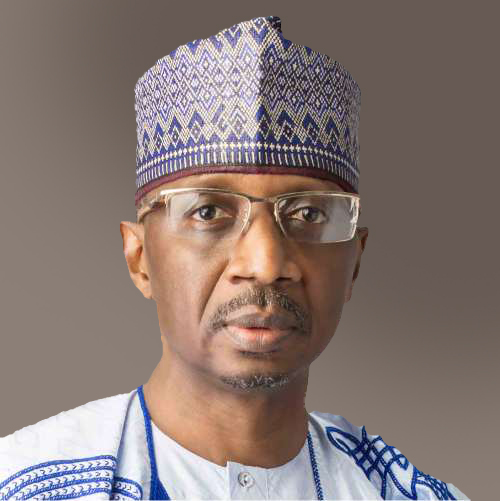
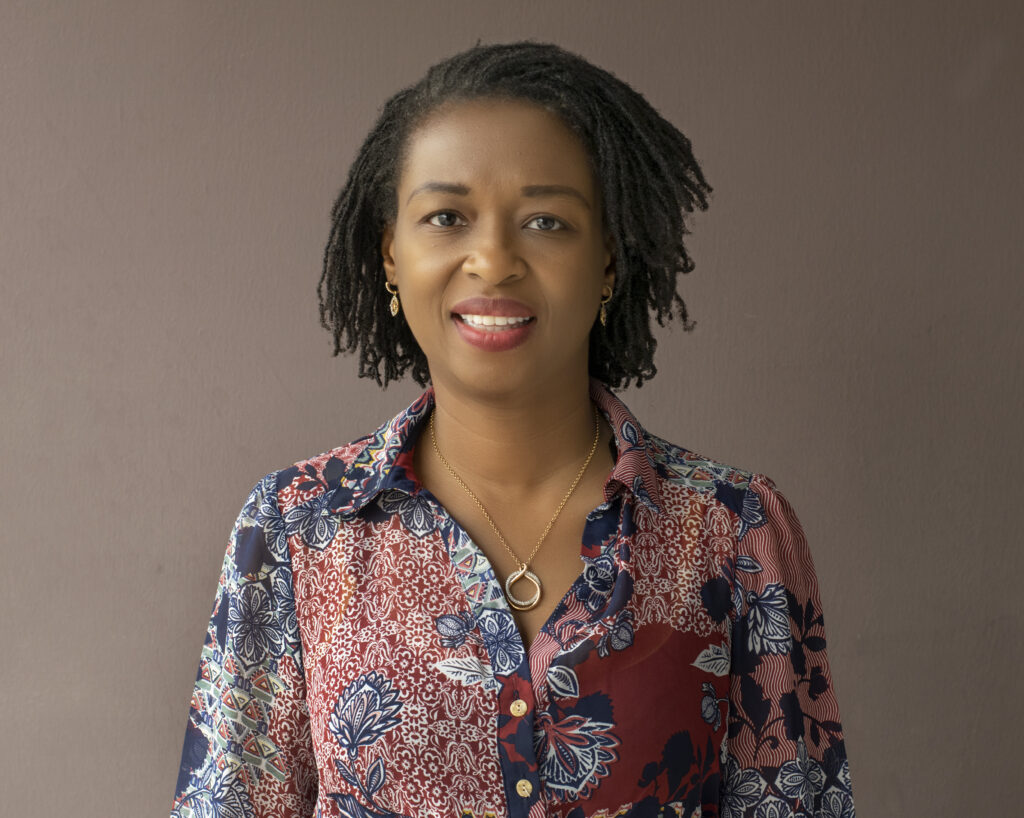
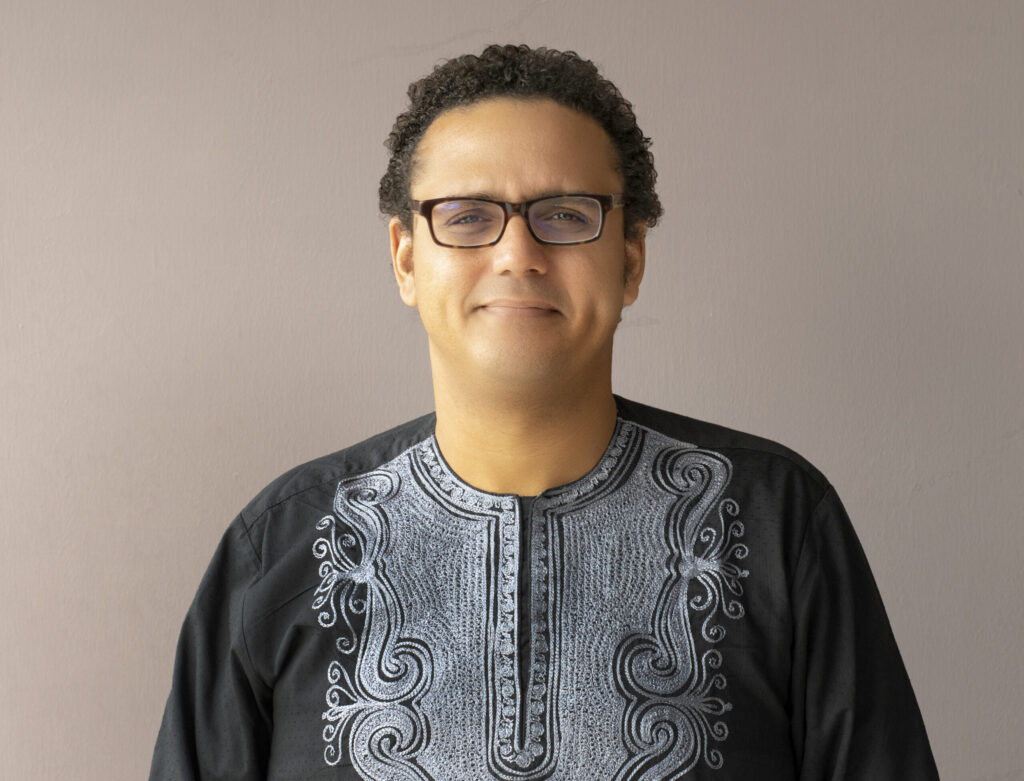
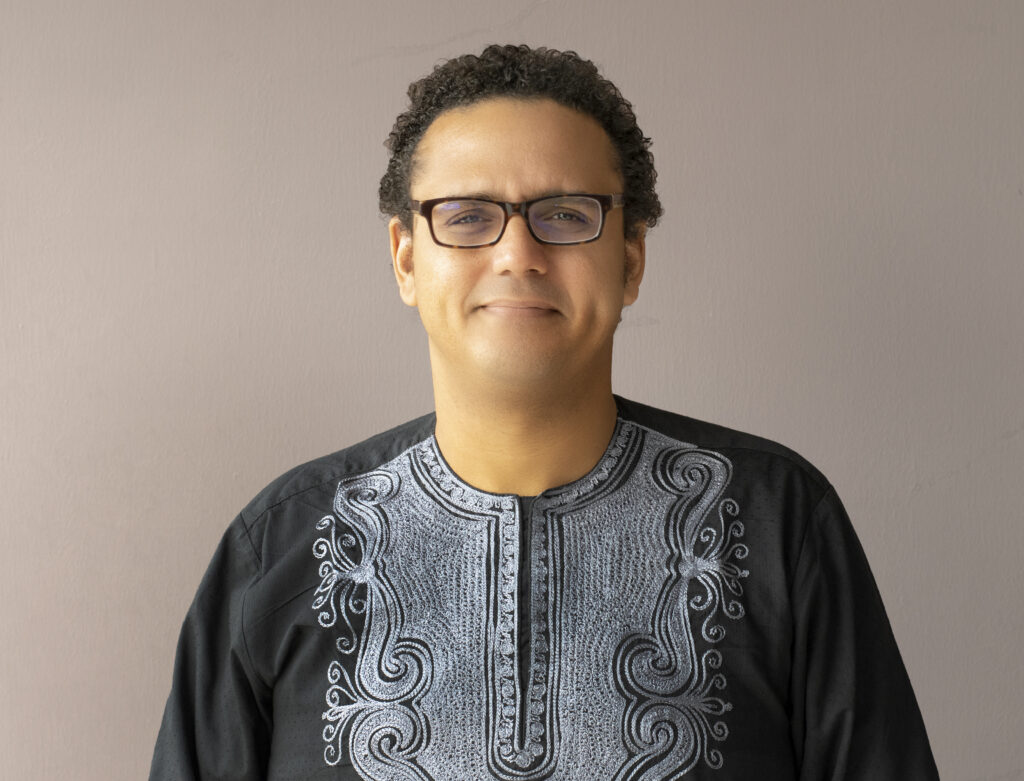
Good afternoon sir/madam I have a small farm of snail in my house if it is up to maturity how do I sale it.
How do I start snail farming
Hello Paul, thank you for your inquiry. We have a detailed step by step guide on How to Get Started with Snail Farming in Nigeria.. You can read it here: Snail Farming in Nigeria: How to Get Started
Hello good morning please how do I get snails to train
I want to buy snail for my farm, pls send me the best breed and price.
Sir,
how can one get a snail that is mature, healthy and capable of producing many eggs.
I want to buy.
Ukatah Emmanuel
Good evening. Please How will I get a good snail species. I am in Abuja